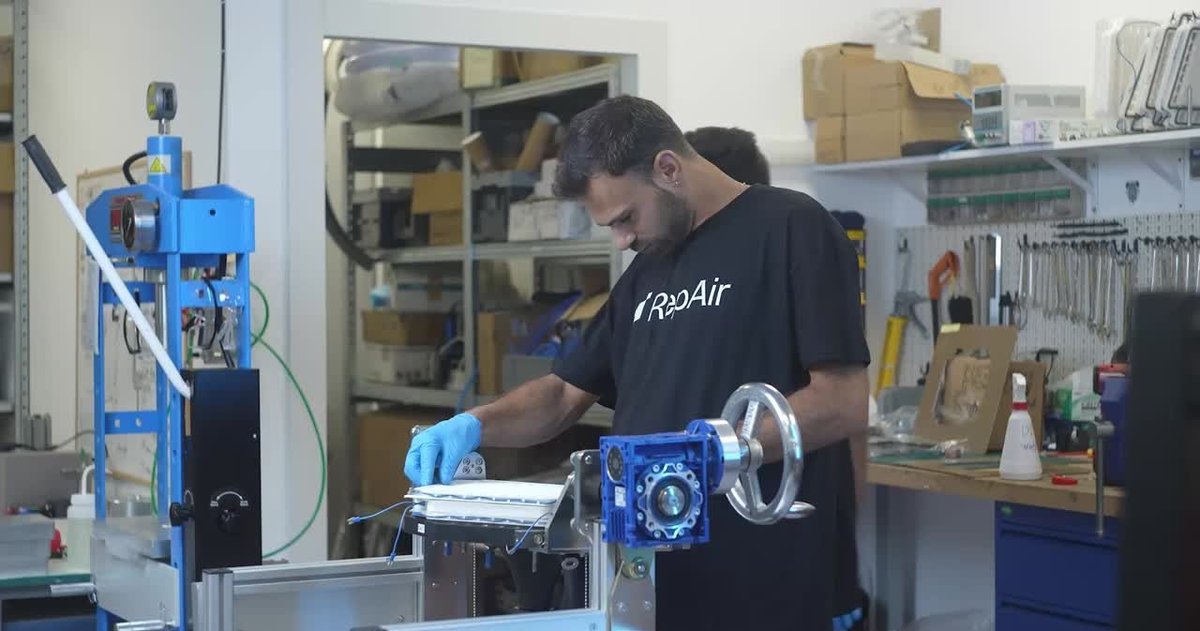Energy Giants Unite: How Shell, RepAir, and Mitsubishi Are Revolutionizing Carbon Capture Technology

In a groundbreaking collaboration, energy giants Shell and Mitsubishi are set to deploy cutting-edge carbon capture technology from RepAir at Louisiana's innovative Pelican Direct Air Capture (DAC) hub. This strategic partnership represents a significant leap forward in the fight against climate change, leveraging pioneering technology to remove carbon dioxide directly from the atmosphere.
The Pelican DAC hub project showcases how leading manufacturing and energy companies are embracing advanced solutions to reduce greenhouse gas emissions. By integrating RepAir's revolutionary carbon capture technology, Shell and Mitsubishi are demonstrating their commitment to sustainable industrial practices and environmental stewardship.
This initiative not only highlights the potential of direct air capture technologies but also positions Louisiana as a key player in the emerging carbon removal landscape. As the world seeks innovative approaches to mitigate climate change, partnerships like these offer a promising pathway to a more sustainable future.

